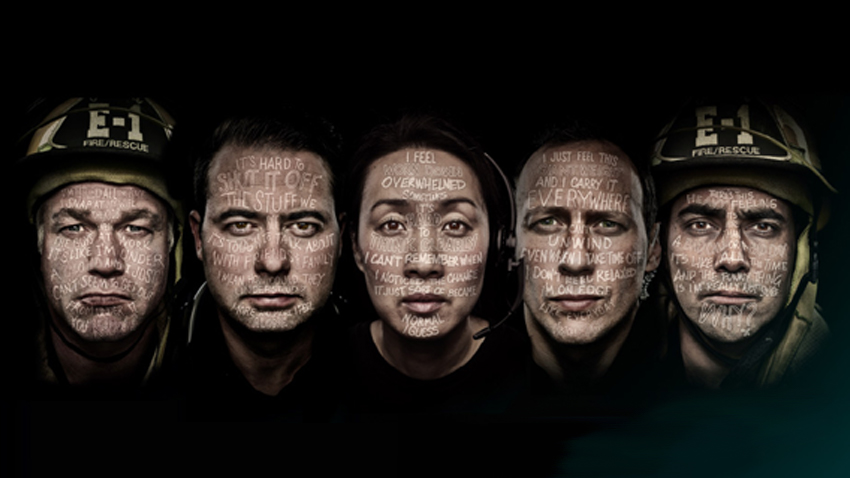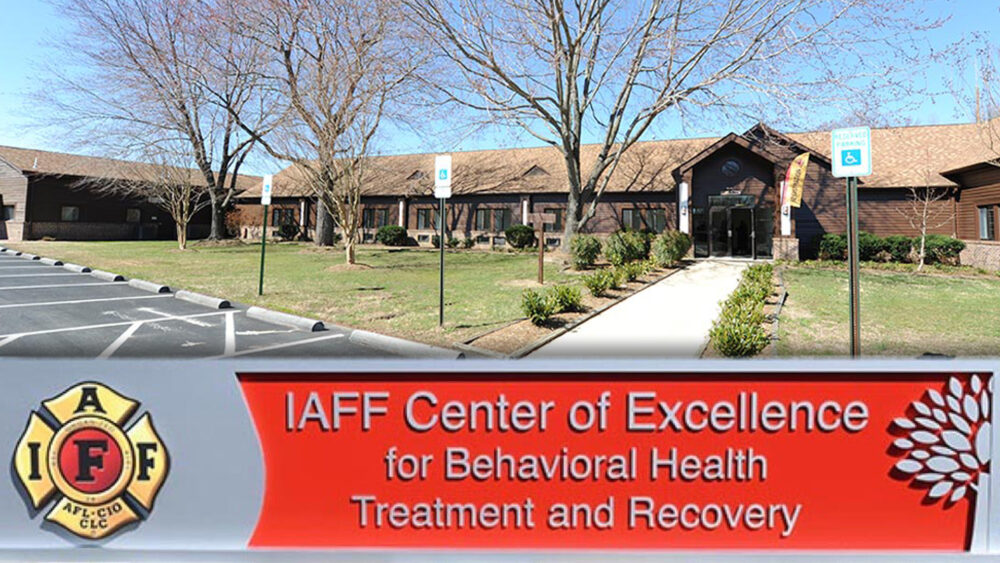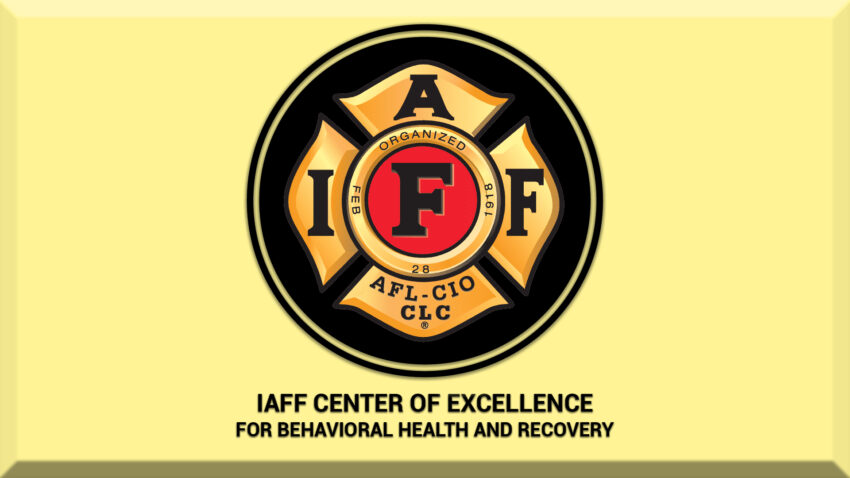Road to Recovery host James Sutton has special guest, Abby Morris, MD who is the Medical Director of the IAFF Center of Excellence for Behavioral Health Treatment and Recovery that only serves First Responders who are either Fire Fighters, Dispatchers, or EMTs and are part of the IAFF (International Association of FireFighters) union. Dr Morris is also a Medical Consultant for SWAT (Special Weapons And Tactics) and CIT (Crisis Intervention Team).
What is Trauma?
“Its a complicated topic,” according to Dr. Morris. Trauma is Greek for wound. Physical Trauma is when you get a wound from bodily injury, but Emotional Trauma comes from an Emotional Stress the body can’t integrate or deal with and it overwhelms the brain. Not every one with the same event may be traumatized by the event. Interpretation, expectation, and unpredictability of the event that someone goes through also matters. Professional First Responders experience all types of traumas that are indirect and direct for their career, everyday, all days of the year. They have some training to help their resilience, but Dr. Morris says, “I’m not sure any human being can really be prepared for the daily, persistent exposure to trauma.” Here in the United States, Fire Fighters are called for a variety of events other than fires. Like natural disasters, shootings, suicides, car accidents, drownings, school crisis…and many more. It is not just the horrific things they see, but also witnessing people’s reactions to those events.

First Responders deal with lots of trauma and still need professional help regardless of how much or what they have seen. Trauma has many variables that change often in us all.
The inability to manage, cope, or integrate with one’s grief. The horror, and humanity that these First Responders have to deal with while they realize they follow every protocol, does everything right, and people still die. Feeling that sense of helplessness that beats in them. Yes, they may deal with trauma better because they are aware that they have to see horrible things, but the amount they see, the variety of things they have to deal with, and their emotions they have to bury lead to cumulative damages or Complex Trauma, Complex PTSD, Chronic PTSD, or C-PTSD. This is created when one’s response to trauma, in an acute fashion, ups in Cortisol and the flight or fight action is triggered to protect ourselves and others close or get out of a situation or to safety. If that response becomes chronic, by more trauma and/or stress persist than more changes in the brain and body accumulate.
Most-Affected Areas of the Brain from Trauma
The Amygdala is the core of a neural system for processing fearful and threatening stimuli.
The Hippocampus it has a major role in learning and memory.
The Prefrontal Cortex plays a central role in cognitive control functions, and dopamine in the PFC modulates cognitive control, thereby influencing attention, impulse inhibition, prospective memory, and cognitive flexibility. An inability to manage emotions and executive functions.
When the amygdala grows and gets bigger it causes people too feel fear more often. When hippocampus shrinks, do to stress, we have the inability to manage time and it is why people have Flashbacks and Nightmares. Experiencing chaos, unpredictability, and feeling unsafe are main causes of trauma in one’s childhood. Many police and fire fighters that come into the First Responder Professions are driven by their childhood traumas because as an adult you want to put yourself where you can feel safe like these First Responder positions and can protect others too. Being in these fields you will see yourself as stopping the cycle of abuse in your life. Instead, you enter this work were you see more trauma that reinforces the idea that you are unsafe and need to protect yourself instead.
People with trauma tend to isolate and self medicate. They need to make it safe for people to ask for help, if you need help you have the fear of being stigmatized. We need for it to be okay for people to ask for help with their mental health and also, reduce the stigma of addiction. Alcohol being #1 and Opioids being #2 in addictions here. Doctors tend to trust First Responders and will easily write a prescription, but they have more of an addictive personality, are impulsive, and risk takers. It is hard for Fire Fighters to say they have an addiction or that they need help because they are driving the trucks, using heavy equipment, and have to be trusted, not just by the community, but by their peers. There is a stigma with behavioral chronic illnesses. The alumni of the center has created zoom groups after leaving the facility. They have created AA and NA groups. Peer support with the Fire Fighter world is a powerful means of recognizing and helping the brotherhood.
Dr. Morris is also the Medical Director of the Opioid Response Program in Montgomery County. The goal of the program is to decrease death by training people on Narcan. Opioid addicted people are dying alone because of Covid-19, there is no one around to give them Narcan. Dr. Morris says to keep mental health in the conversation, that it is okay to talk about having a problem or struggling. It doesn’t show weakness. If you can let someone know you care and help them. You don’t need all the answers, just being present with someone really makes them feel understood, it takes the weight off of them, and makes someone feel less overwhelmed. Dr. Morris feels privileged and enjoys working with these brave women & men. If you need help its okay to ask.
For more information visit IAFFRecoveryCenter.com. Watch this episode to learn more about Trauma and Complex Trauma.
Check out this episode of Road to Recovery below, or on MMC’s YouTube channel and subscribe!


